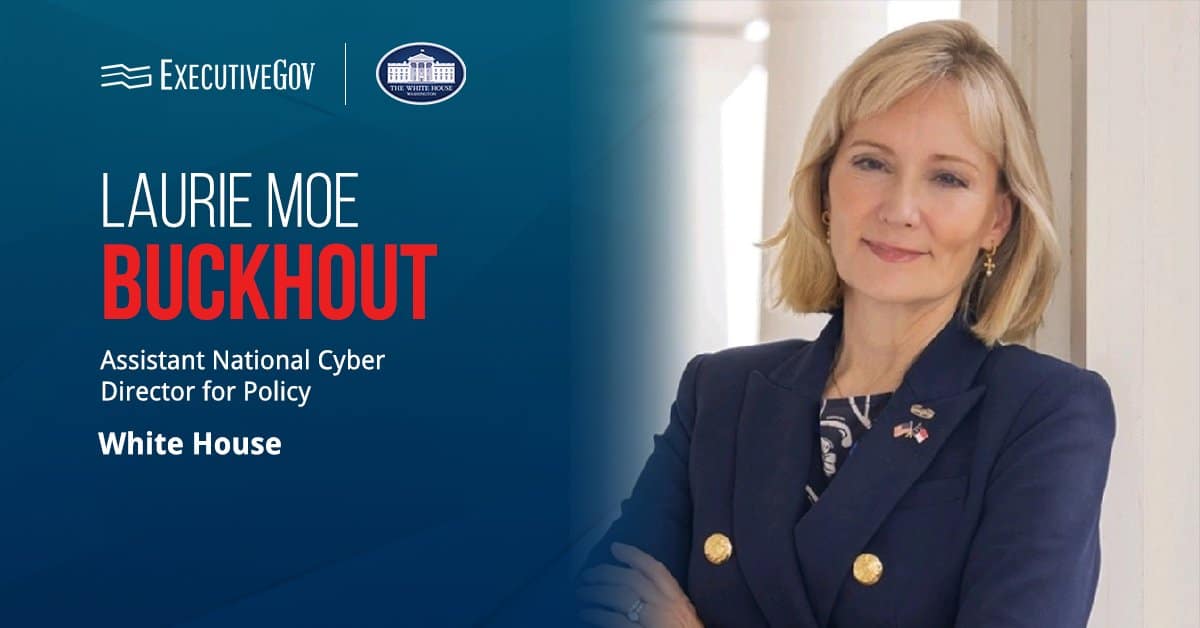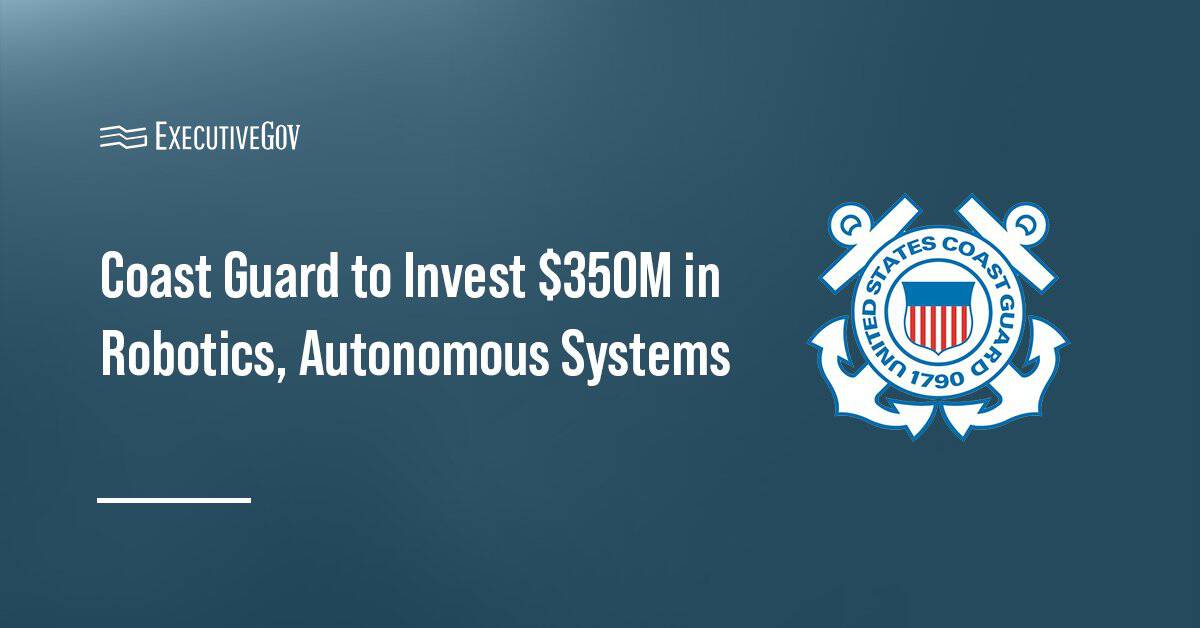Space Systems Command’s Space Sensing Directorate is seeking information on a planned migration of existing Space-Based Infrared System assets from a legacy ground command and control system to a modern platform.
According to a request for information posted on SAM.gov, the Future Operationally Resilient Ground Evolution C2 system will store data from existing satellite assets including SBIRS Geosynchronous Equatorial Orbit space vehicles and SBIRS Highly Elliptical Orbit hosted payloads.
FORGE will also house information gathered from the Next Generation Overhead Persistent Infrared system to be deployed to geosynchronous Earth and polar orbit.
Legacy SBIRS and Next-Gen GEO transition to the new platform is expected to begin in 2026. Space Systems Command is looking for industry comments to inform the government’s acquisition approach to commence the project.
Responses are due Aug. 31st.
Related Articles
Laurie Moe Buckhout, a retired U.S. Army colonel with over 30 years of military and industry experience, announced on LinkedIn Sunday that she has been appointed assistant national cyber director for policy at the White House. Laurie Buckhout’s Career Highlights Since March, Buckhout has served as deputy assistant secretary of defense for cyber policy — and subsequently acting assistant secretary in the same department — at the Office of the Secretary of Defense. In this role, she directed the Department of Defense’s cyberspace policy and strategic initiatives while cultivating important relationships with government entities, domestic stakeholders and international partners. She was Castellum’s
The U.S. Coast Guard is moving forward with a nearly $350 million investment in robotics and autonomous systems to strengthen mission readiness and safety. Funded through the One Big Beautiful Bill Act, the initiative sets aside $11 million in fiscal year 2025 for immediate system upgrades. During peacetime, the Coast Guard is a part of DHS. The 2025 Homeland Security Summit will gather top government and industry leaders to discuss emerging threats, AI-driven security innovations and strategies to protect the nation. Register now to secure your place at this homeland security event. New Systems Entering the Fleet As part of
The Office of Management and Budget’s Office of Federal Procurement Policy at the White House has rolled out modifications to regulatory coverage on small business contracting to increase small business participation in the federal market The changes are part of the Revolutionary Federal Acquisition Regulation, or FAR, Overhaul, also known as RFO, the White House said Friday. RFO is said to be the most significant reform ever to the 41-year-old FAR. The effort is intended to rewrite procurement rules in plain language and remove non-essential, non-statutory procurement requirements. “The streamlining and common-sense stewardship that has been unleashed by the RFO





